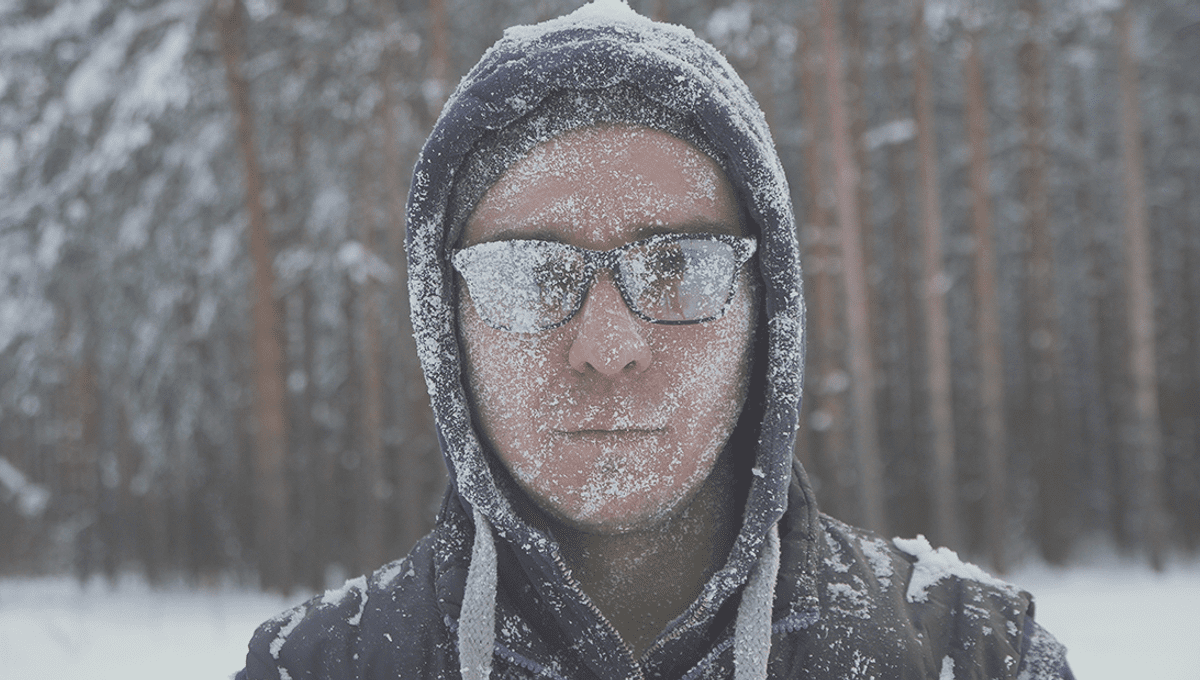
A TikTokker has explained to the masses why the UK can feel colder than Canada, even though it definitely isn’t, after another who has lived in both countries posed that exact question.
“Ok someone please tell me how I was able to survive Canadian winters for 25 years of my life,” Megan Ruthie said on TikTok. “It can get -30 degrees [Celsius; -22°F] in Canada and somehow I survived it. “
“In the UK it is now 1 degree [Celsius; 34°F] and I’m freezing.”
Others have noticed that it feels colder on a cold day in the south east of the US than on a similarly cold day in the south west. So why is that?
Well, according to TikTokker circularityboss, who posts videos on tech and applied maths, it’s to do with the “triple point” of water, or the point at which the three states of water (solid, liquid and gas) coexist in equilibrium.
The triple point of water (triple points exist for other substances) is at 0.01°C (32.018°F) and at a specific pressure. At this point, with slight manipulations of pressure or temperature you could turn water into whichever state you required.
How this relates to you feeling cold in the UK, however, is because charts of the triple point of water highlight how certain states can only exist up (or down) to certain temperatures.
“Any condensed water vapor can only exist up until about 3 degrees, and at that point, it turns to steam,” circularityboss explained.
“When it touches your face and your surface temperature is maybe 20°C [68°F ], then that condensation settles on your face, but then almost immediately starts to evaporate. That’s the same operation as sweat on your body: It cools you down.”
Meanwhile, at -30°C (-22°F), he explains, there is no water vapor in the air, meaning there is no water vapor to act like sweat and cool you down further than how cold -30/-22 degrees (depending on which system of measurement you use) already feels.
“That’s one of the ironic things about it, when you’re walking around in 1 or 2°C [34-36°F], it feels absolutely freezing on your face or any exposed skin,” he continued. “But if you’re walking around in -30°C [-22°F], it actually feels pretty comfortable if you’re wrapped up warm in general.”
When the cold air has high humidity, it can also feel colder due to how heat is lost. The problem here is that in colder weather you tend to be wearing clothes.
“A person without clothes in cold, humid air may feel slightly warmer than in cold, dry air at the same temperature,” Weather Nation explains.
“As the humidity increases in cold air, the clothing we wear to keep warm insulates less. The moisture in the fibers and the wicking effect of the clothes can accelerate the heat loss through clothing. Even though the clothes do not appear wet, the humidity in the air may create a thin layer of moisture on the fibers and result in greater conduction, or transfer, of heat through the clothing.”
So there you have it. You may feel colder in higher temperatures if the air is more humid, and your solutions are to place yourself in the exact right amount of pressure that the vapor no longer exists, or get your kit off.
Source Link: TikTokker Explains Why It Feels Colder In The UK Than In Canada, Even Though It Isn't